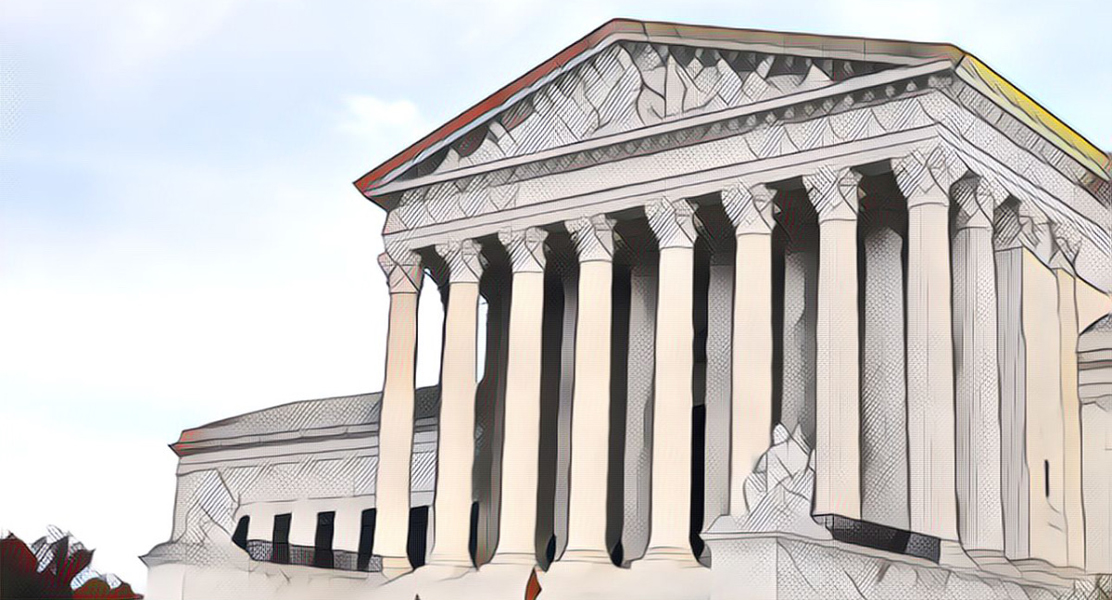Supreme Court declines to expedite another religious liberty dispute, majority requires applicant to exhaust lower court options first

In recent years, the U.S. Supreme Court has come under fire for granting emergency relief to claimants on its so-called “shadow docket,” offering no opportunity for oral argument or a substantive opinion explaining its order. Nowhere has this trend been more prominent than in religious liberty matters, where several claimants have been successful in obtaining emergency injunctions. As a result of this practice of leapfrogging its normal policies, as Ian Millhiser reports for Vox, “litigants have … started bringing cases on the Court’s shadow docket with increasing frequency.”
But the tide may have turned on that practice. By a somewhat surprising 5-4 vote this week, the Court rejected the application of Yeshiva University to halt a New York state court order requiring it to recognize an LGBTQ group as an official student organization pending the outcome of litigation over the matter. Importantly, the majority did not rule on the merits of the claim or address the religious liberty arguments brought by the university. Instead, the Supreme Court’s ruling emphasized its status as a court of last resort, calling on Yeshiva to first explore other legal options in New York state court.
A dissenting opinion written by Justice Samuel Alito accuses the majority of turning its back on the First Amendment. But, as BJC Executive Director Amanda Tyler explained in a tweet following the Supreme Court’s denial of emergency relief, religious freedom cases should not be disposed of hastily:
Score one for following correct appellate procedure. Religious freedom cases are complex and deserve full briefing and consideration, not a fast-track win for religious claimants in all cases, as 4 members of the Court seemed poised to do.
To be clear, the majority indicated it may yet provide Yeshiva with the relief it is seeking. The Court provided a roadmap for how to properly bring a new application if they are unsuccessful in state court, suggesting that the Supreme Court may be inclined to grant an injunction in that case. Still, the underlying principle the Court affirmed is important in the religious liberty context. Lower courts should have the opportunity to consider carefully the full record of these cases before the highest court in the land issues an opinion that may have a wide impact.
You can read the majority and dissenting opinions in the case, Yeshiva Univerity v. YU Pride Alliance, here.




